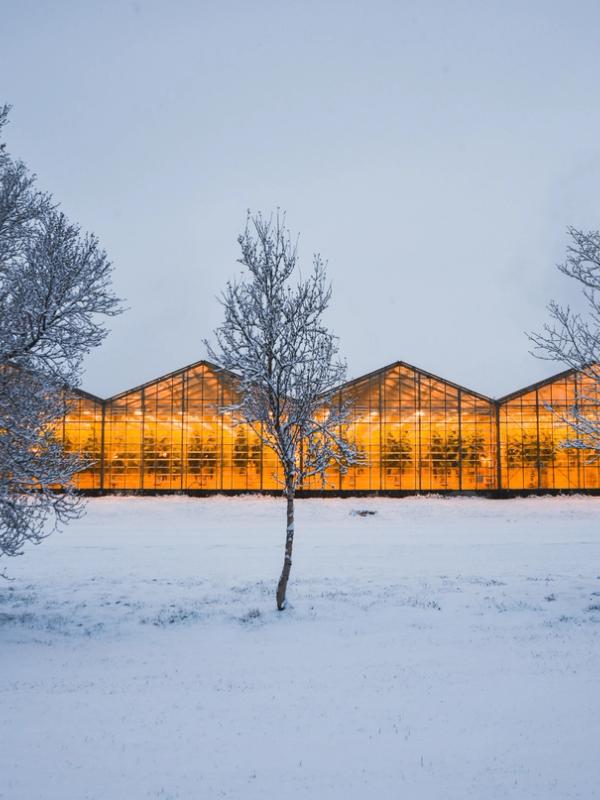
21 Facts About Iceland You Probably Didn’t Know
Iceland is a unique country—there’s no doubt about it. Its culture is immediately familiar yet can also be as foreign as that of the furthest-flung destinations in the world. Perhaps this is why the country is becoming so popular with visitors, aside from its gorgeous landscapes.
The culture of Iceland is fascinating, with a whole lot of interesting and surprising facts about the country that even the most experienced Icelandic traveler might not know. From fun Christmas traditions to the strict rules around names, here are ten interesting facts about Iceland.
1. The Althingi: Europe’s Oldest Parliament
In 930 AD, Icelanders started the Althingi at Thingvellir, creating Europe’s oldest parliament. This yearly open-air meeting, held until 1798, had chieftains come together in the tectonic rift to make laws and settle disputes. and is still Iceland’s parliament. Thingvellir, now a UNESCO site, combines geological and political history, attracting people interested in how democracy began.
Despite Denmark briefly abolishing Iceland’s Alþingi in the 1800s, It moved to Reykjavik in 1845, and it has remained running to this day. However, now, instead of meeting in Thingvellir, the politicians meet inside the Alþingi building on Austurvöllur Square, Reykjavik.
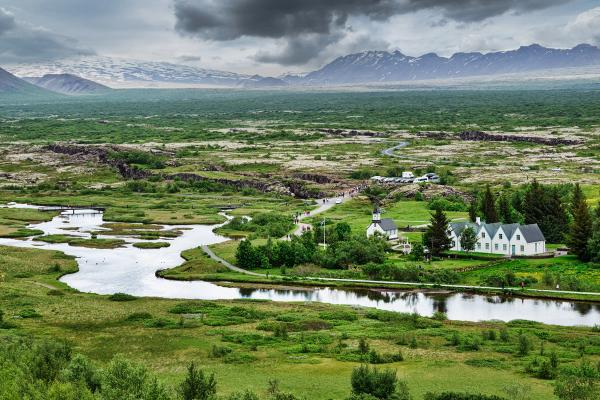
2. Tectonic Plates on Display: A Geological Marvel
Iceland sits on the Mid-Atlantic Ridge, where the North American and Eurasian tectonic plates move apart. This is an amazing geological feature. The rift, splitting at about 2.5 centimeters per year, can be seen above sea level, which is rare for mid-ocean ridges. At Thingvellir National Park, the Almannagjá Gorge is a dramatic place: a deep, narrow canyon with towering cliffs on both sides. Visitors can walk between the continents here. The edge of the North American plate rises up as a sheer rock wall, while the Eurasian plate is across the rift, covered in moss and moving away.
The Bridge Between Continents, on the Reykjanes Peninsula, is a 50-foot footbridge that crosses a wide crack that lets you stand with one foot in North America and the other in Europe. These spots, from Almannagjá’s historical rift to the bridge’s simple design, make Iceland a living classroom of the Earth’s moving surface. Plus, there are in the country over 130 volcanoes, with more than 30 active.
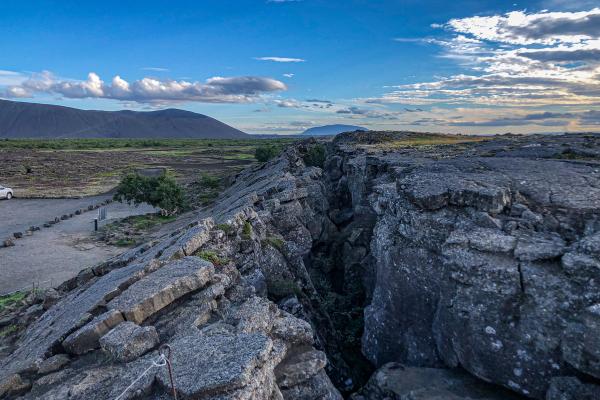
3. Leif Erikson’s Voyage to North America
Before Christopher Columbus, Icelander Leif Erikson was the first European to reach North America. Around 1000 AD, Erikson, son of Erik the Red, sailed west from Greenland and landed in Vinland—likely modern-day Newfoundland, Canada. Norse sagas and archaeological evidence, like the L’Anse aux Meadows site, confirm this journey before Columbus. This achievement shows Iceland’s Viking legacy of boldness and exploration, a spirit still alive in its small but brave population.
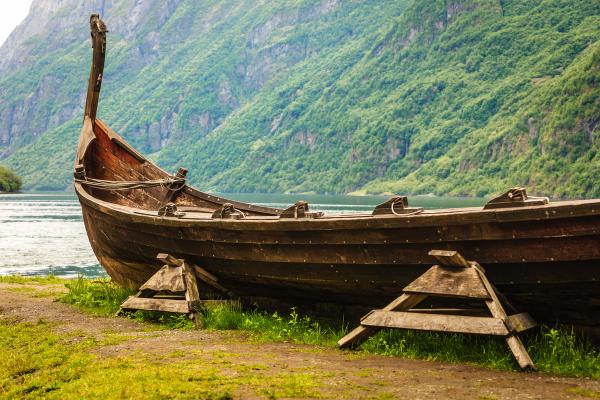
4. A Language of Remarkable Purity
Icelandic is a North Germanic language related to Scandinavian languages like Norwegian, Swedish, and Danish. They all come from Old Norse, the language spoken by Viking settlers. While those languages changed by taking words from German, French, and English, Icelandic has stayed more like its old version because Iceland is so isolated. The Icelandic Language Committee makes new words, like "tölva" (computer) from "tala" (number) and "völva" (prophetess), to keep its original form. With a 99% literacy rate, Icelanders can read 13th-century sagas in their original language, unlike people in other Scandinavian countries.
This lets them enjoy Viking-era poetry just like their ancestors did. For Icelanders, the language is a big part of their culture—unique but still linked to other Nordic countries. Its strength shows their proud identity in today’s global world.
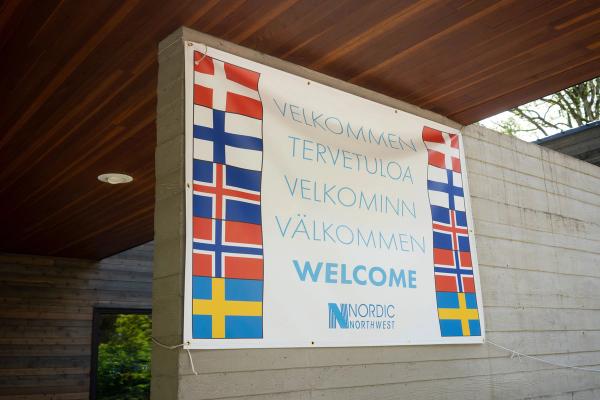
5. Elves and Hidden People: A Fading Belief
Iceland’s folklore talks about Huldufólk, or "hidden people." In the past, 30-40% of Icelanders didn’t deny they existed. These elf-like beings are said to live in lava fields and have even affected building projects—roads sometimes go around their supposed homes, often after talking to someone who claims to speak for the elves. The Reynisdrangar sea stacks, basalt spires off the south coast, are trolls turned to stone in legends.
Older generations still believe this, but younger Icelanders in 2025 mostly see it as fun stories, enjoying the tales without thinking they’re real. This change shows a culture growing but still tied to its magical past.
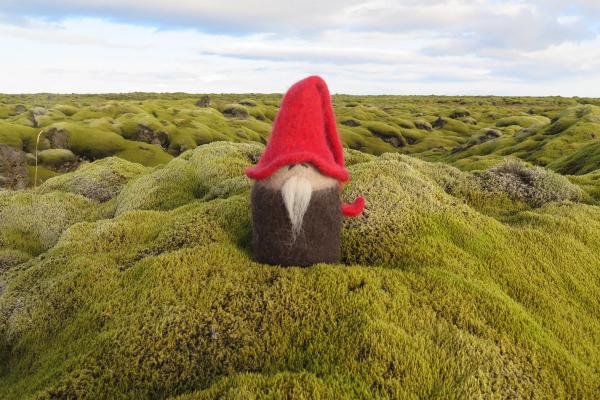
6. The 13 Yule Lads of Christmas
Iceland’s Christmas has 13 Yule Lads instead of just one Santa. These troll-like figures come down from the mountains over 13 nights starting December 12. Each has a special habit—like Pottasleikir steals leftovers, and Hurðaskellir slams doors. They leave gifts or rotten potatoes, depending on how the kids behave. Their mother, Grýla, and her scary cat add a dark but fun twist. Today, the Yule Lads and Grýla are much less creepy than they used to be.
Based on old stories from the Middle Ages, this tradition mixes fun with lessons about behavior, keeping Iceland’s holiday spirit playful and a bit naughty.
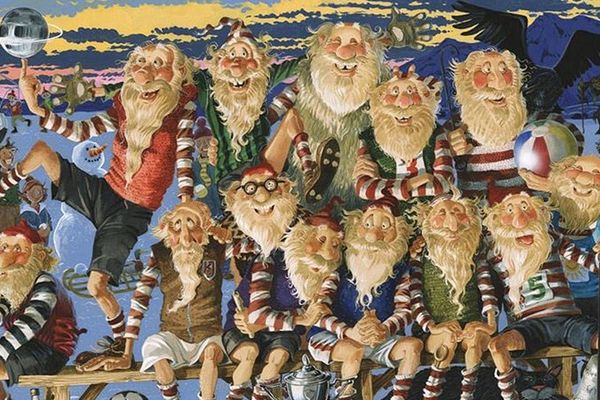
7. A Nation Without an Army
Iceland, a NATO member, has no military and depends on allies like the U.S., which had bases at Keflavik until 2006. Its police don’t carry guns—firearms stay locked in patrol cars and are rarely used. This fits its peaceful way of life. Named the world’s safest country in 2024 for the 16th year in a row by the Global Peace Index, Iceland’s 397,000 people live well in a society where trust is high and safety doesn’t need police carrying firearms.
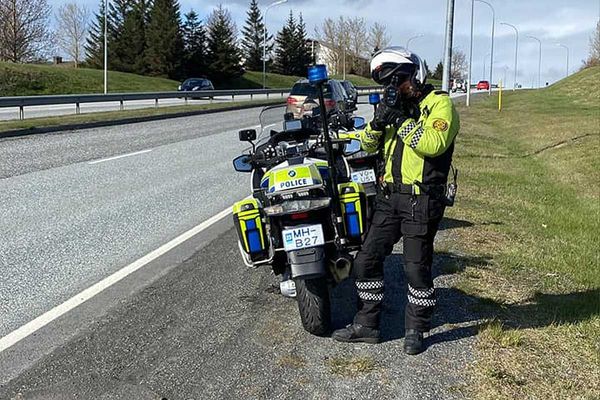
8. Hákarl: Fermented Shark Delicacy
Iceland’s food reflects its tough past, and hákarl—fermented Greenland shark—is a perfect example. The shark is buried for months to make its poisonous meat safe, then hung to dry. It ends up with a pungent smell like cleaning fluid. Eaten with brennivín schnapps, it’s a challenge for locals and visitors. Created because food was scarce, this dish connects Icelanders to their seafaring history. What started as survival is now a tradition.
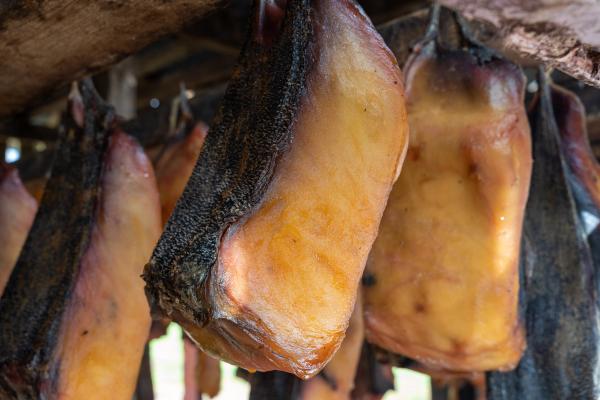
9. Geothermal Living
Iceland uses heat from the earth, thanks to its volcanic landscape, to warm homes and melt snow on Reykjavik’s streets with hot water from underground. This energy, which never runs out, also powers greenhouses to grow bananas, tomatoes, and cucumbers, even though it’s very cold —something rare for such a northern place. Plus, electricity from rivers fed by glaciers, like the Þjórsá, turns machines at stations like Búrfell to make power, adding to the energy mix. Together, geothermal gives 85% and hydro gives 15% of Iceland’s energy, so they barely need oil or coal.
With 397,000 people, this setup supports big goals: a Reykjavik that doesn’t harm the climate by 2040 and a nation free of oil and coal by 2050. It’s a great example of living in harmony with nature using smart ideas.
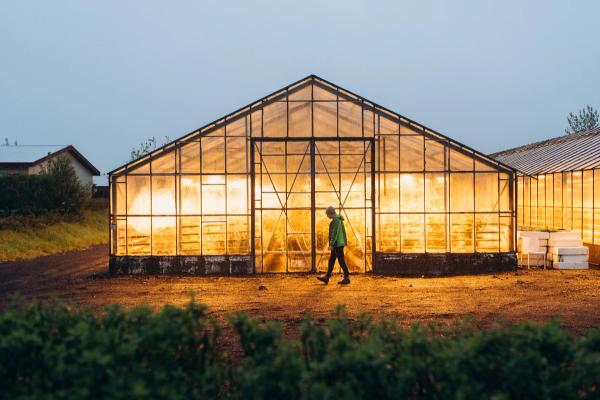
10. Female Leadership: From Pioneers to 2025 Dominance
Iceland’s journey toward gender equality started with Vigdís Finnbogadóttir, the world’s first elected female president (1980-1996), and continued with Jóhanna Sigurðardóttir, the first openly gay prime minister (2009-2013). As of 2025, women hold most of the important positions in Iceland: Prime Minister Kristrún Frostadóttir, Foreign Minister Þorgerður Katrín Gunnarsdóttir, Mayor of Reykjavik Heiða Björg Hilmisdóttir, Police Chief Sigríður Björk Guðjónsdóttir, Bishop Guðrún Karls Helgudóttir, and coalition leaders Inga Sæland and Þorgerður Katrín Gunnarsdóttir.
Years of laws for equal pay, time off for parents, and cultural support have led to this achievement, making Iceland a world leader in gender equality.
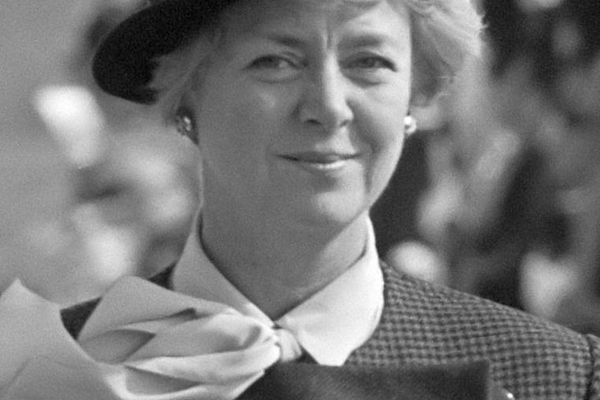
11. Beer Was Banned in Iceland Until 1989
Visit downtown Reykjavik on a Saturday night, and you might not realize that beer was banned in Iceland until 1989. Or maybe you would since the locals drink it with such gusto. This prohibition era began in 1915, when most locals voted to ban beer, wine, and spirits. That ban was lifted for wine and spirits, but beer remained banned until recently.
To circumvent the beer ban, fishermen returning from abroad would bring back beer for their family and friends, while others invented their own style of beer by mixing a low-alcoholic beer (which was allowed) with a shot of Icelandic Brennivín. This drink allowed locals to feel the effects of drinking beer even though the taste was unlike any beers you might find today.
Since the beer ban was lifted, Iceland has quickly been catching up with the rest of the world. There are now a number of fantastic craft breweries to explore in Reykjavik and around the country, and plenty of great local brews as well.
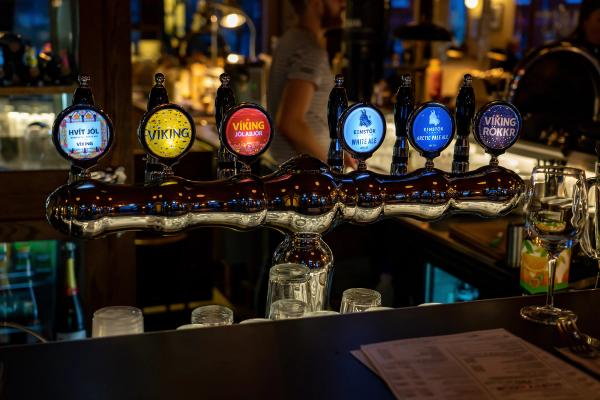
12. Around One in Ten Icelanders Will Publish a Book
Another interesting fact about Iceland is that it’s an enormously proud nation when it comes to its literature—just look at the Sagas, written stories dating back to the Settlement Era. Storytelling is in Icelanders' blood, but it might come as a surprise to learn that one in ten Icelanders will publish a book in their lifetime.
This is a substantial number of books coming out of a small country, one with a population the same as some medium-sized American towns. Most books are released in the lead-up to Christmas, known as the Jólabókaflóðið, or the Christmas book flood in English. This tradition began during the Second World War, when all other gift ideas were in short supply, leaving nothing but books to give to family and friends.
When Icelanders open their presents on Christmas Eve, many will retire to the lounge with their new book, diving into the latest stories for a relaxing evening. Why not pick up a few books by local authors before heading out with your campervan rental in Iceland?

13. There Are Strict Rules Regarding Icelandic Horses
Another fun fact about Iceland is the rules surrounding the Icelandic horses. With a campervan rental in Iceland, you’ll see plenty of horses around the Ring Road, many of them curious, friendly, and happy to pose for a selfie or two. But what you don’t learn when snapping a picture is about the strict rules there are for importing and exporting Icelandic horses.
The Icelandic horse is considered as one of the purest breeds in the world, as no other horses are allowed to breed with them. Those Icelandic horses that do leave the country for sunnier climes are not allowed back in, no other breeds of horses are allowed to be imported into Iceland, and all riding equipment brought into the country must be new and thoroughly sterilized.
These horses have been here since the Vikings first settled in Iceland and are as much a part of the country as the waterfalls, glaciers, and hot springs that people come to visit.
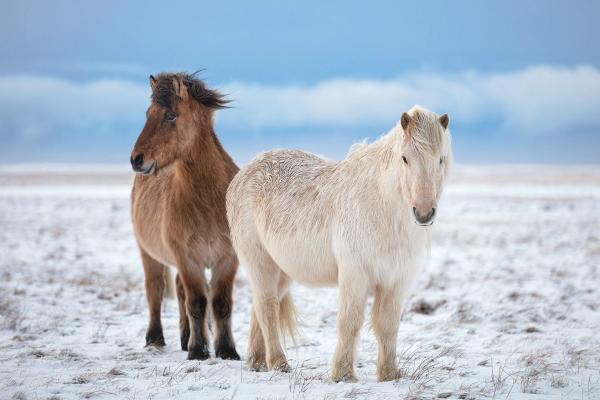
14. There Are No McDonald's Restaurants in Iceland
An interesting fact about Iceland that many people find amusing is that there are no McDonald's in Iceland. Subway? Yes. KFC? Yep. But McDonald's? Not since the financial crash in 2008. There used to be one in downtown Reykjavik, although it never was extremely popular due to one of the city’s longstanding burger restaurants, Hambórgarabúllan. Locals much preferred their local choice over the chain, and when the financial crash hit Iceland, McDonald's took their cue and shut down their only Icelandic location.
Today, hamburgers are one of the most popular foods in the country. There are countless restaurants around Iceland where you’ll find a delicious burger, including the original Hambórgarabúllan, which still exists in Reykjavik to this day.

15. Patronymic Naming Tradition
Icelandic names are unique to begin with, thanks to the instantly recognizable family names still using a patriarchal form. Instead of a family name, children will be named after their father, with either ‘son’ or ‘dottir’ (daughter) added to the end. So, the last name for the son of Jón becomes Jónsson, while the daughters will become Jónsdottir. Last names don’t get changed when Icelanders get married, either.
As for first names, the Icelandic government maintains a list of approved names that can be used. This is to protect the Icelandic language and its history, with each name having a meaning. If someone wants to call their child a name that’s not on the list, they must apply to the Icelandic naming committee, which will deliberate on whether the new names fit with the Icelandic tradition and culture. The committee is made up of lawyers and scholars versed in the Icelandic language, and whenever a new batch of names is released, it always causes quite a stir throughout society.
We have no such qualms about guests coming up with names for their campervan rental in Iceland, though.
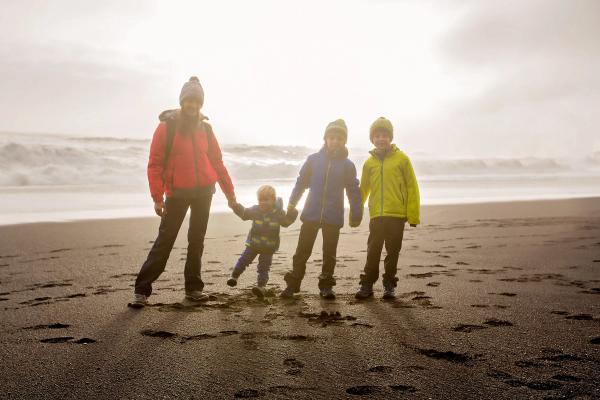
16. All Icelanders Can Trace Their Lineage Back to the Viking Age
You might already know that Icelanders have strong family ties, and that Iceland was settled by the Vikings around the year 874. But what you might not know is that Icelanders can often trace their lineage all the way back to the Viking Age. It’s an impressive feat, when for the rest of the world things start to get muddled after a few generations, and another interesting fact about Iceland.
Icelanders can do this thanks to the Book of Icelanders, a Medieval text created in the 12th century by a Priest who visited the farms across the country to account for everyone’s family history. On top of that, the larger families kept extensive family histories of their own, and the Church also recorded all the births, deaths, and weddings that took place in their communities.
On top of that, thanks to the relatively small population, Icelanders can also easily find a common relative with another Icelander. An app became famous a few years ago, where it was rumored Icelanders used it to check if they and a potential love interest were related.
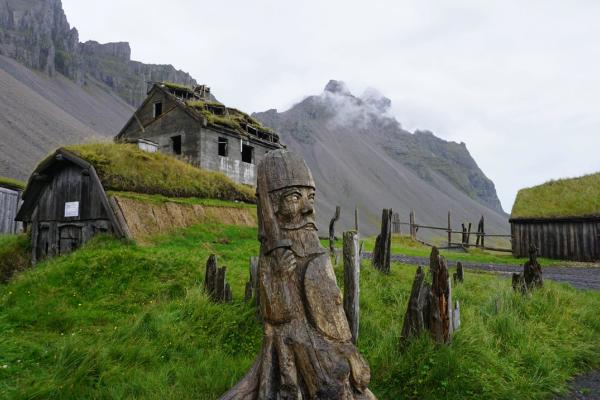
17. There are no Mosquitos and Just One Native Mamal
There are no McDonalds in the country, and another fun fact about Iceland is that there are also no mosquitoes – the only place in the world other than Antarctica that can claim such a feat. Researchers are interested as to why, and there are a few theories as to why there aren’t any in Iceland, yet they can be found in Denmark or Greenland.
The first idea is that there is no stagnant water in Iceland, which mosquitos need to give birth. Another is that it’s simply too cold, with the water freezing and thawing at a rate that isn’t ideal for mosquitoes to survive. The third theory is that the conditions of Iceland’s geological makeup are simply inhospitable to mosquitoes.
The Arctic fox, the only animal that lives on land and is originally from Iceland, came over the frozen sea during the Ice Age and roams free in places like the Hornstrandir Nature Reserve. Iceland’s remote location limits the variety of animals significantly, but the wildlife you’ll see here is pretty extraordinary.
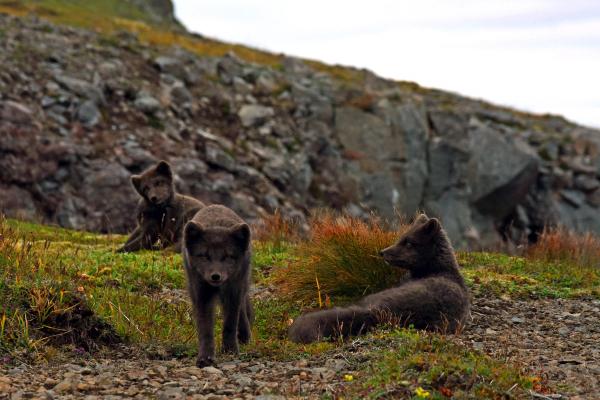
18. It’s The Least Densely Populated Country in Europe
Iceland has about 397,000 people living in 103,000 square kilometers, making it the least densely populated country in Europe, with only about 3.8 people per square kilometer. Two-thirds of the population live in Reykjavik,
Aside from this busy area, the country's towns are mostly on the coast, with populations ranging from 5-6 (Flatey Island) to around 20,000 (Akureyri). The country's Central Highlands are vast but completely uninhabited because the weather is inhospitable for most of the year.
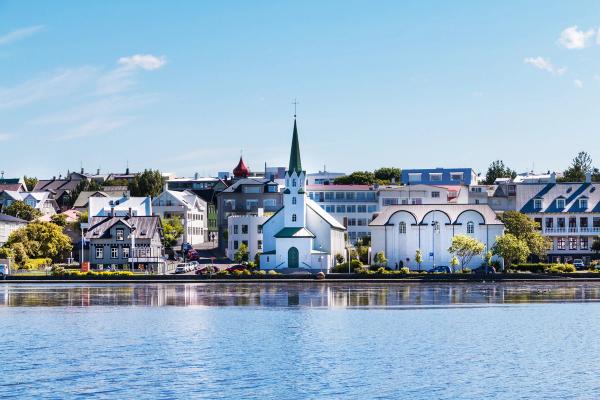
19. Museums of the Macabre
Iceland has some strange museums. The Icelandic Phallological Museum in Reykjavik shows over 280 penis specimens from different animals, including whales and humans, which interests many visitors. In Holmavik, the Museum of Sorcery and Witchcraft displays necropants, which are trousers made from skin, based on 17th-century stories that say they bring wealth. These unusual things mix humor and history, showing how Iceland isn’t afraid to be quirky.
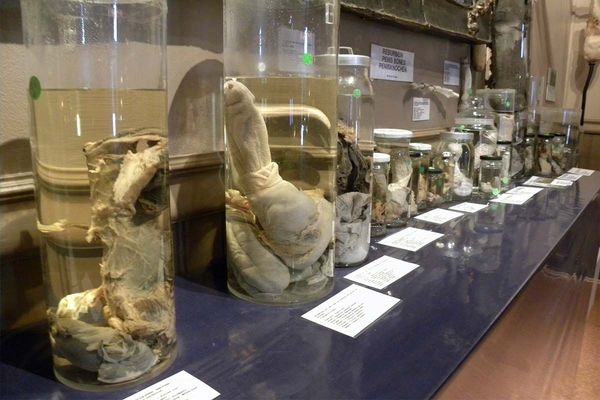
20. Reykjavik’s Dog Ban Legacy
From 1924 to 1984, Reykjavik didn’t allow dogs in order to stop the spread of echinococcosis, a disease caused by tapeworms. The ban wasn’t always strictly enforced, but it led to a time when there were very few pets in the city. Now, dogs are allowed everywhere, but this strange part of history remains, showing how Iceland is not afraid to make bold and flexible policies for the good of its people.
What still seems odd to the rest of the world—though it’s totally normal here—is that if you live in an apartment, you have to ask your neighbors if they’re okay with you having a dog.
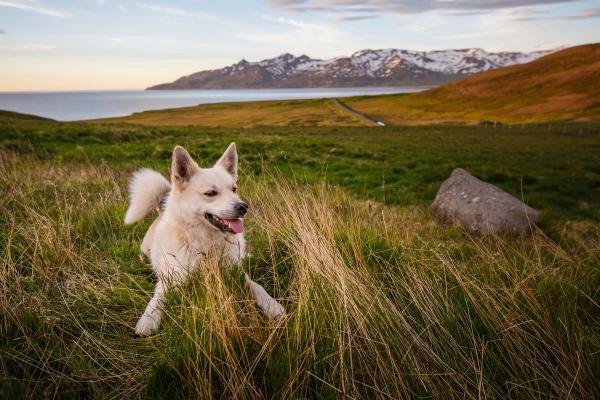
21. Glacial Giants
Iceland has more than 250 named glaciers, which cover 11% of its land with beautiful ice. Vatnajökull is the largest glacier in Europe, covering 3,100 square miles, which is three times the size of Luxembourg. It’s the biggest, but there are other large ones like Langjökull and Hofsjökull. Under these glaciers, there are active volcanoes like Grimsvotn that cause big floods, like the one in 1996, and eruptions like Eyjafjallajökull in 2010, which affected flights all around the world.
Since 2000, the glaciers have shrunk by 750 square kilometers, which is an area bigger than Singapore, because of natural changes and heat from volcanoes. They feed rivers and support ecosystems, so they’re essential for more than just their beauty.
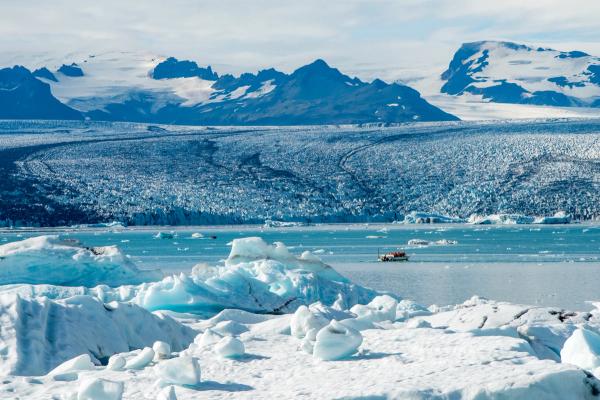
Conclusion
Today, Iceland is a cool mix of old stuff and new changes. Its rough land and tectonic plates show how nature works, while its history tells stories of tough people and big adventures. From massive glaciers to fun legends, these things tie the past to today, proving that a small island can have a big story.

